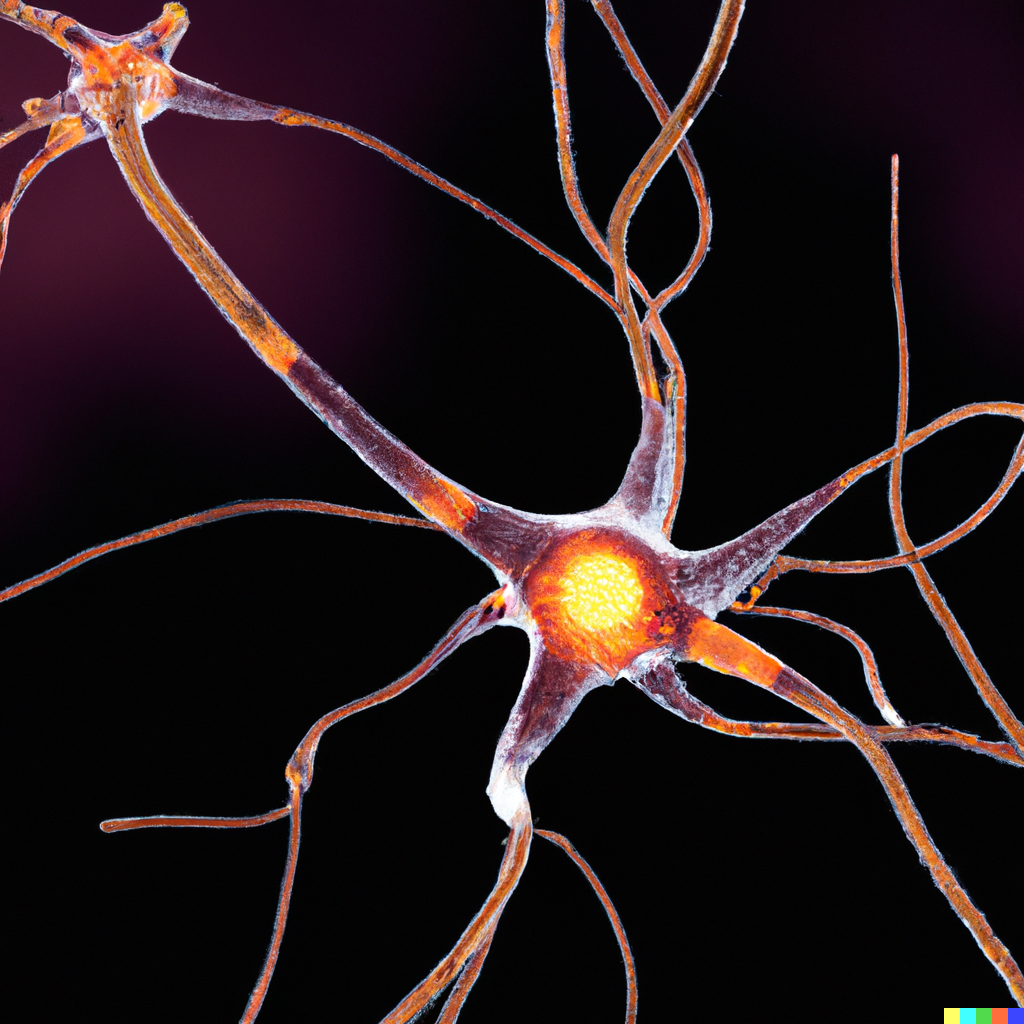What are Adult Foster Care and Family Type Homes for Adults?
Adult foster care, also known as adult family care, is a form of long-term care for older adults or adults with disabilities who need assistance with everyday activities. It is an alternative to traditional nursing home care, and provides a home-like environment for individuals who need support with activities of daily living (ADLs) such as bathing, dressing, and eating.
In adult foster care, individuals live in a private home with a caregiver who provides 24-hour care and support. The caregiver, who is often a family member or close friend, is trained and licensed by the state to provide care. This type of care is designed to be less institutional and more personal, providing a more intimate and supportive environment for individuals who need assistance.
One of the key benefits of adult foster care is that it allows individuals to maintain a sense of independence and autonomy. Residents are able to live in a home-like setting, surrounded by familiar things and people, and have more control over their daily routines and activities. This can help to maintain a sense of dignity and self-worth, and can improve overall quality of life.
Another advantage of adult foster care is the cost. Compared to traditional nursing home care, adult foster care can be a more affordable option, as the cost of care is typically shared between the resident and the caregiver. Additionally, the cost of adult foster care may be covered by Medicaid, Medicare, or other government programs, depending on the individual’s eligibility and needs.
It is important to note that adult foster care is not appropriate for everyone. Some individuals may require a higher level of care, such as that provided in a nursing home or assisted living facility, while others may be able to live independently with the help of home care services. It is important to carefully consider the individual’s needs and preferences, as well as their financial situation, when choosing the best type of long-term care.

When choosing an adult foster care provider, it is important to consider several factors, including the caregiver’s experience and training, the physical environment of the home, and the overall quality of care. It is also important to consider the location of the home, as well as access to healthcare services, in order to ensure that the individual’s needs are met.
Adult foster care, or a family type home for adults, can be a good option for older adults or adults with disabilities who need assistance with everyday activities, but who prefer a home-like environment. By providing a supportive and intimate setting, adult foster care can improve the quality of life for individuals who need assistance, and can help to maintain their independence and dignity.
Where Can I Find an Adult Foster Home for Dementia?
There are several ways to find adult foster care:
- State or local government agencies: Contact your state’s department of health or aging to find out about adult foster care options in your area. They may also be able to provide you with a list of licensed providers.
- Online directories: There are several online directories that list adult foster care providers, such as the National Adult Foster Care Association and the National Resource Center for Foster Care and Permanency Planning.
- Local Area Agencies on Aging: Area Agencies on Aging (AAAs) are organizations that provide information and assistance to older adults and their caregivers. They can provide information on adult foster care providers in your area and assist with the application process.
- Geriatric Care Managers: Geriatric care managers are professionals who specialize in assisting older adults and their families with long-term care planning. They can help you find adult foster care options that meet your needs and preferences.
- Word of Mouth: Ask friends, family, or members of your community if they have any recommendations for adult foster care providers.

What are the impacts of adult foster care on the individual with dementia?
Adult foster care can have several positive impacts on individuals with dementia:
- Maintaining independence: Adult foster care allows individuals with dementia to maintain a sense of independence and autonomy, as they live in a home-like environment and have more control over their daily routines and activities.
- Personalized care: In adult foster care, the caregiver is trained and licensed to provide care, and the individual receives one-on-one attention and support. This personalized care can help improve the individual’s quality of life and reduce feelings of isolation and loneliness.
- Improved quality of life: The home-like environment and intimate setting of adult foster care can help to improve the overall quality of life for individuals with dementia, as they are surrounded by familiar things and people, and have access to more opportunities for socialization and engagement.
- Cost-effective: Adult foster care can be a more affordable option for individuals with dementia, as the cost of care is typically shared between the resident and the caregiver. This can make long-term care more accessible for families who may not have the financial resources to pay for traditional nursing home care.
However, it is important to carefully consider the individual’s needs and preferences, as well as their level of care requirements, when choosing adult foster care. Some individuals with dementia may require a higher level of care, such as that provided in a nursing home or assisted living facility, and may not be suitable for adult foster care.
It is also crucial that you as a caregiver thoroughly research and vet any adult foster care providers you are considering, to ensure that they meet your needs and standards, and that the individual with dementia will receive appropriate and high-quality care.
Can I Operate an Adult Foster Home?
Yes, you can operate a family type home for adults, also known as an adult foster care home. However, there are certain requirements and regulations that must be met in order to operate such a home. These requirements vary by state, but generally include:
- Licensing: In order to operate an adult foster care home, you must be licensed by the state. This typically involves meeting certain standards for the physical environment of the home, as well as for the caregiver’s training and experience.
- Training: The caregiver must be trained in providing care for older adults or individuals with disabilities, and must have a basic understanding of dementia and other age-related conditions.
- Background checks: All individuals living in the home, including the caregiver and residents, must undergo background checks to ensure their suitability for caregiving.
- Inspections: Adult foster care homes must be inspected by the state to ensure that they meet health and safety standards.
- Insurance: You may need to carry liability insurance to protect yourself and the individuals in your care.
We recommend that you seek the assistance of legal advisors to ensure that you are in compliance with all regulations and requirements, both at the city and state level. Stay aware of the responsibilities and challenges of operating an adult foster care home, including providing 24-hour care and support, managing finances, and ensuring the well-being of the individuals in your care.





